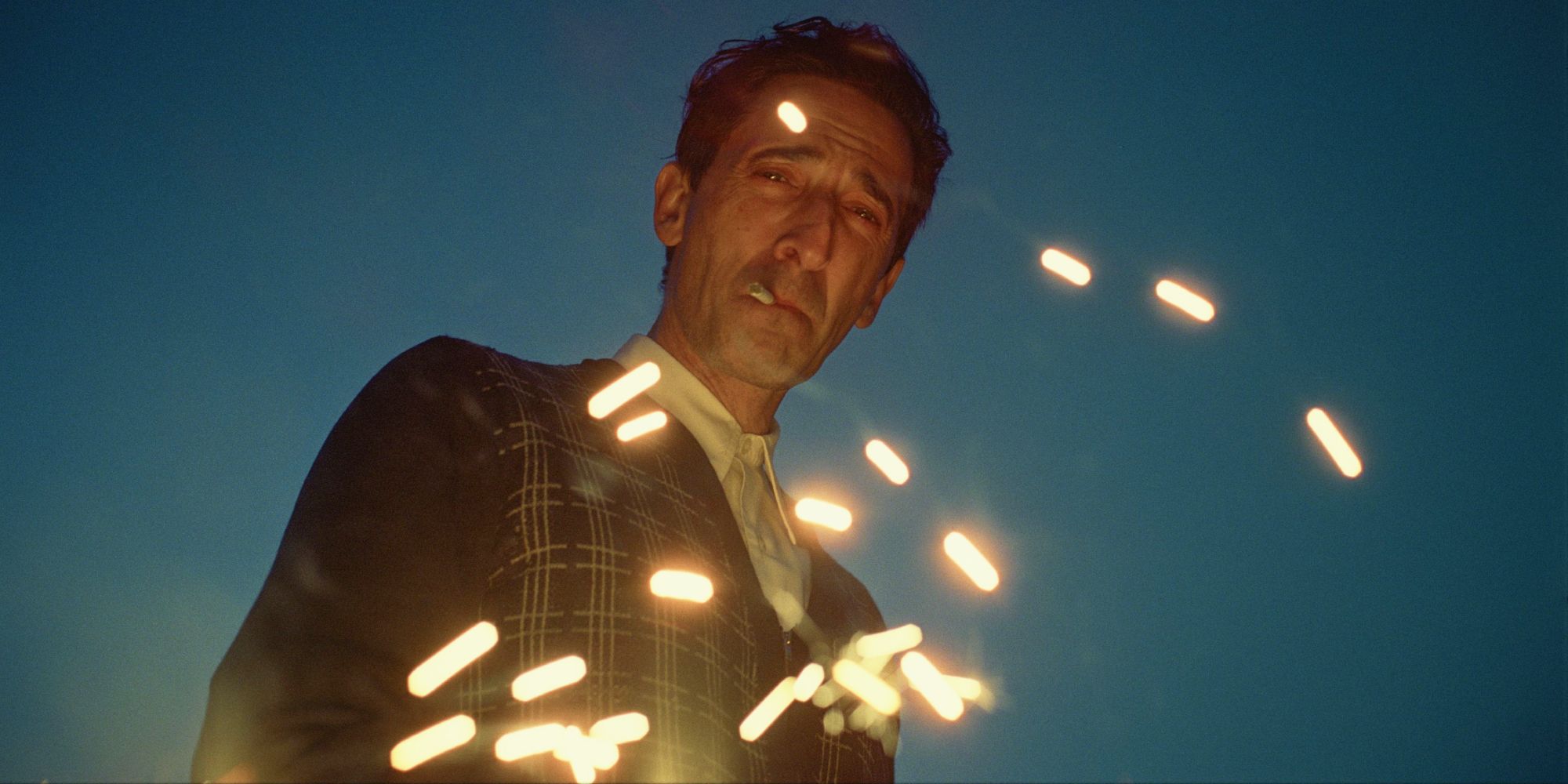Oscar nominations are a pretty big deal, whether you’re an actor, director, composer, editor, or anything else, and then, for hopefully obvious reasons, Oscar wins are an even bigger deal. If someone has multiple Oscar wins, then it stands to reason that they’d have a significantly higher number of Oscar nominations (see composer John Williams, for a dramatic example, who’s won five Oscars from 54 nominations, and Katharine Hepburn, who won four Oscars from 12 nominations).
But then there are those winners who have the same number of nominations as wins. To keep things a little more interesting, none of the following individuals have one win from one nomination, with all having won more than one Academy Award from the same number of nominations. Also, half of these are actors, and the other half are winners from different fields, because acting is great and all, but it’s far from the only thing honored yearly at the Oscars.
10
Mario Puzo
Won Best Adapted Screenplay for ‘The Godfather’ (1972) and ‘The Godfather Part II’ (1974)
Not only did Mario Puzo write the novel upon which 1972’s The Godfather was based, but he was also credited with the screenplay for that first film, winning an Oscar for writing alongside Francis Ford Coppola, who also directed the film. The two worked together in writing the screenplay for The Godfather Part II as well, which also won Best Adapted Screenplay, even though much of the film’s story moved beyond the source material that existed at the time.
Anyway, it meant Puzo could count himself as two for two, and he continued to write novels and work on some screenplays in the years following his two Oscar wins, with his other credits including the first two Christopher Reeve Superman movies (somewhat surprisingly), and then also The Godfather Part III, which earned a few Oscar nominations, but nothing for the screenplay.
9
Hilary Swank
Won Best Actress for ‘Boys Don’t Cry’ (1999) and ‘Million Dollar Baby’ (2004)
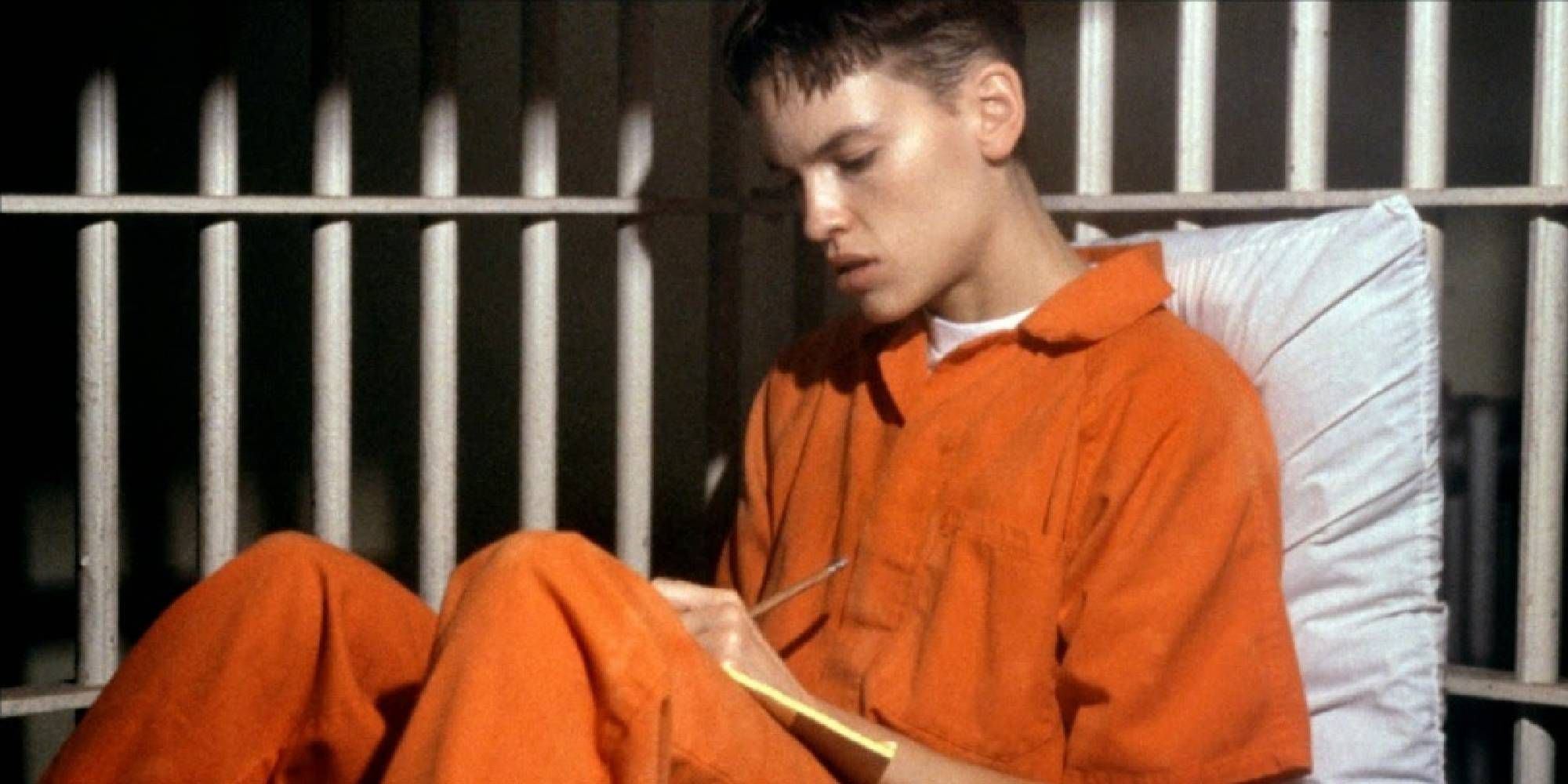
Image via Searchlight Pictures
Hilary Swank has won both the acting nominations she’s received at the Oscars, both for movies that came out relatively close together, and the two of them are also comparable in the sense that they’re emotionally devastating. The first one was for Boys Don’t Cry, which tells a grim true story about a trans man’s tragically brief life, and has Swank playing that central figure, Brandon Teena.
And then a few years later came Million Dollar Baby, which wasn’t based on a true story, but certainly felt grimly realistic, and a far cry from what you might expect from a movie about a sporting underdog. Million Dollar Baby was also immensely successful in other categories at the Oscars, with Clint Eastwood winning Best Director, getting nominated for Best Actor, and having the film overall win Best Picture.
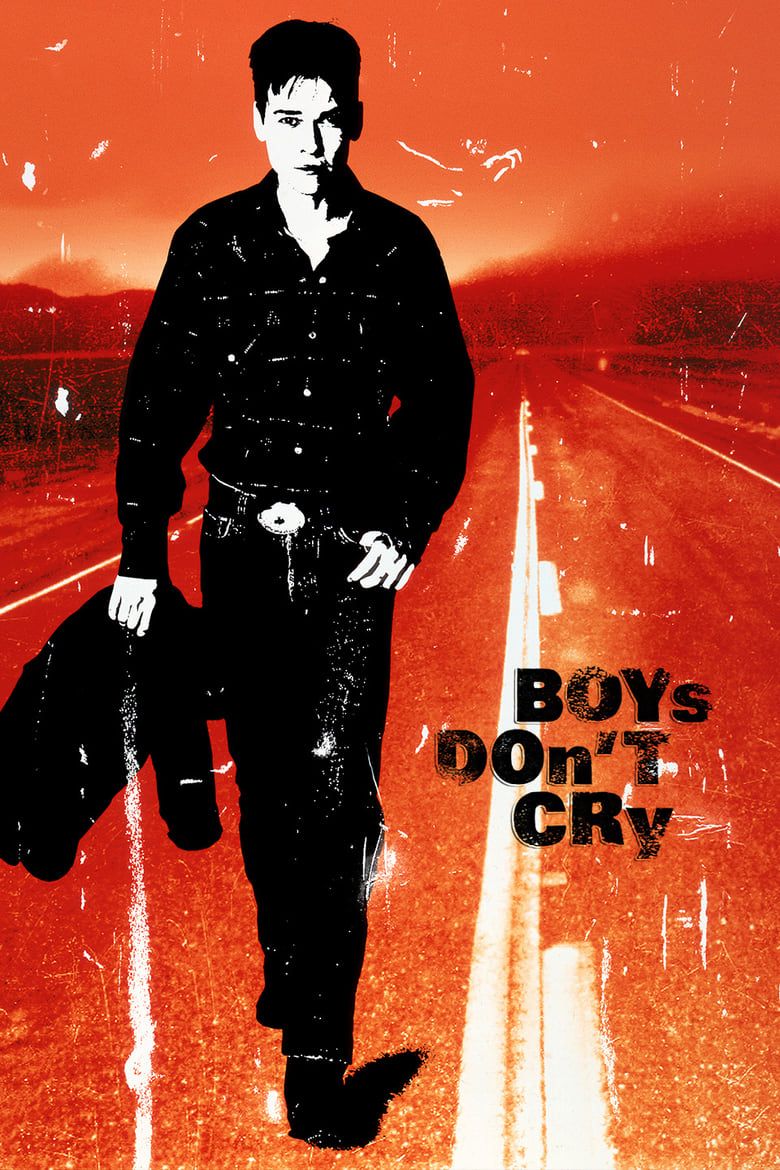
Boys Don’t Cry
- Release Date
-
September 2, 1999
- Runtime
-
118 minutes
-

Chloë Sevigny
Lana Tisdel
-

Hilary Swank
Brandon Teena
-

-

Brendan Sexton III
Tom Nissen
8
Gustavo Santaolalla
Won Best Original Score for ‘Brokeback Mountain’ (2005) and ‘Babel’ (2006)
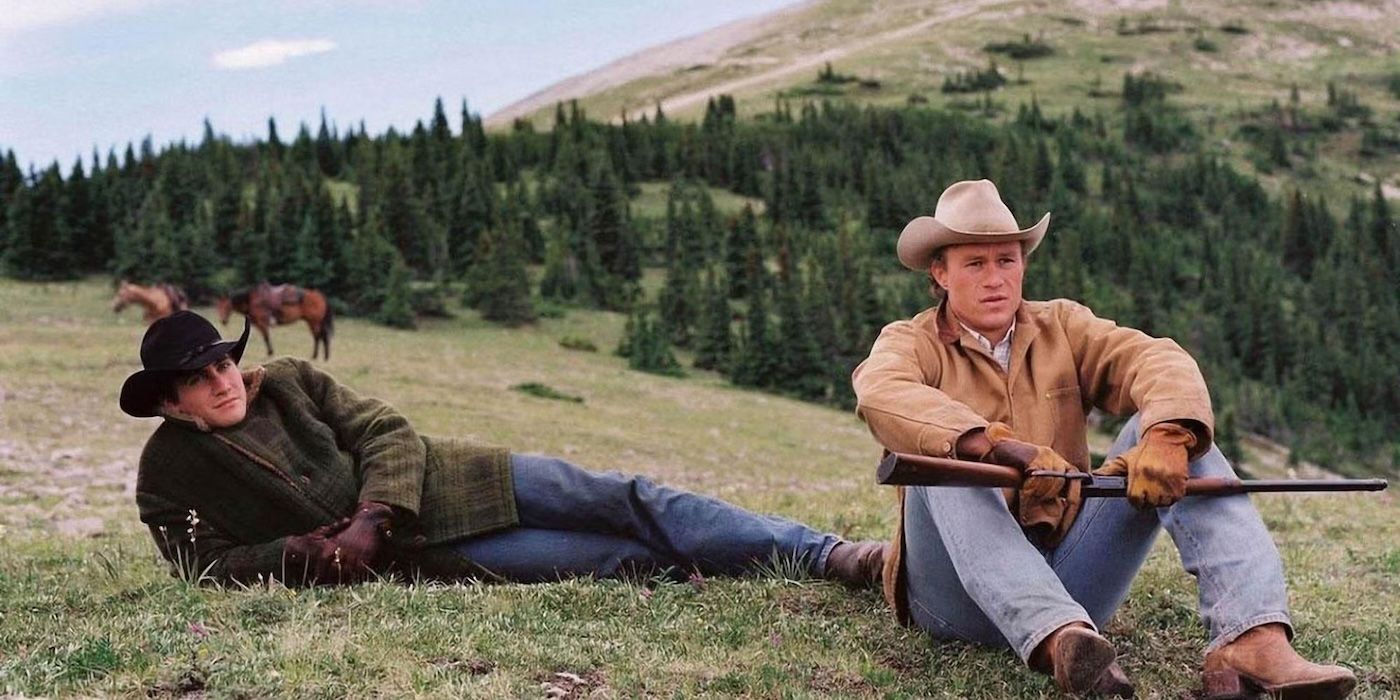
It should be stressed that Gustavo Santaolalla’s work, as a composer, extends well beyond what he’s done for cinema. He might well be most recognizable, at least at the moment, for his work done as composer for The Last of Us series, both the games and the TV adaptation that began airing in 2023 (though for the show, he had a co-composer in David Fleming).
Santaolalla won Oscars in back-to-back years for composing, with his score for Ang Lee’s Brokeback Mountain winning for 2005, and then his score for Babel winning the following year.
But before all that, Santaolalla also won Oscars in back-to-back years for composing, with his score for Ang Lee’s Brokeback Mountain winning for 2005, and then his score for Babel (2006) winning the following year. And then, neither before nor since, has Gustavo Santaolalla been Oscar-nominated, but that’s unlikely to keep him up at night, since he’s won twice as many competitive Oscars as Ennio Morricone and has pivoted, with great success, to composing for video games and television in more recent years.
7
Adrien Brody
Won Best Actor for ‘The Pianist’ (2002) and ‘The Brutalist’ (2024)
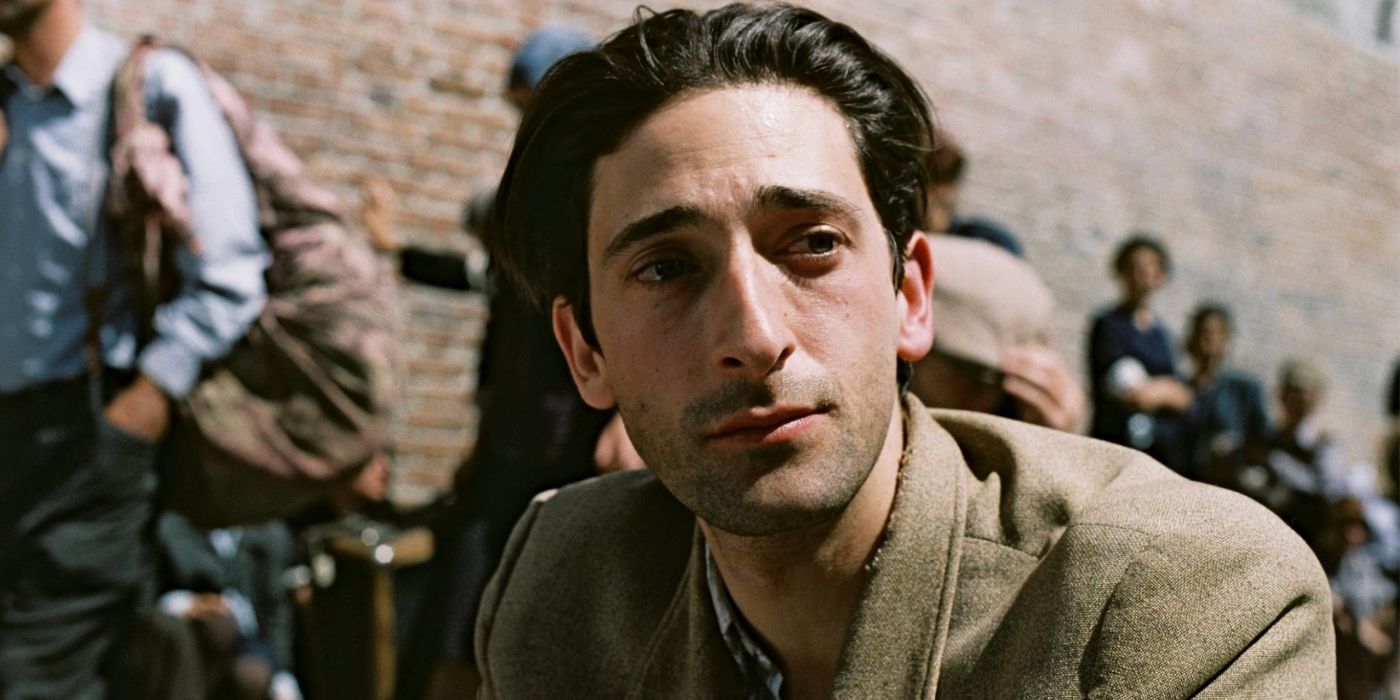
In contrast to all the previously mentioned examples, Adrien Brody had a wait of more than two decades between his two Oscar nominations and subsequent wins. Granted, one of them came very early in his career, as he was only 29 when he won for The Pianist, making him, to date, the youngest person to win an Oscar for Best Actor in a Leading Role.
The Pianist was based on a true story and largely set during World War II, with Brody’s second win being for a movie set in the years following World War II, and not based on a real person’s life: The Brutalist. He gave a very different – but equally compelling – performance in two emotionally intense (and also quite different) historical dramas, and between those two roles, Brody – though he still remained active as an actor – didn’t pick up any other Oscar nominations.
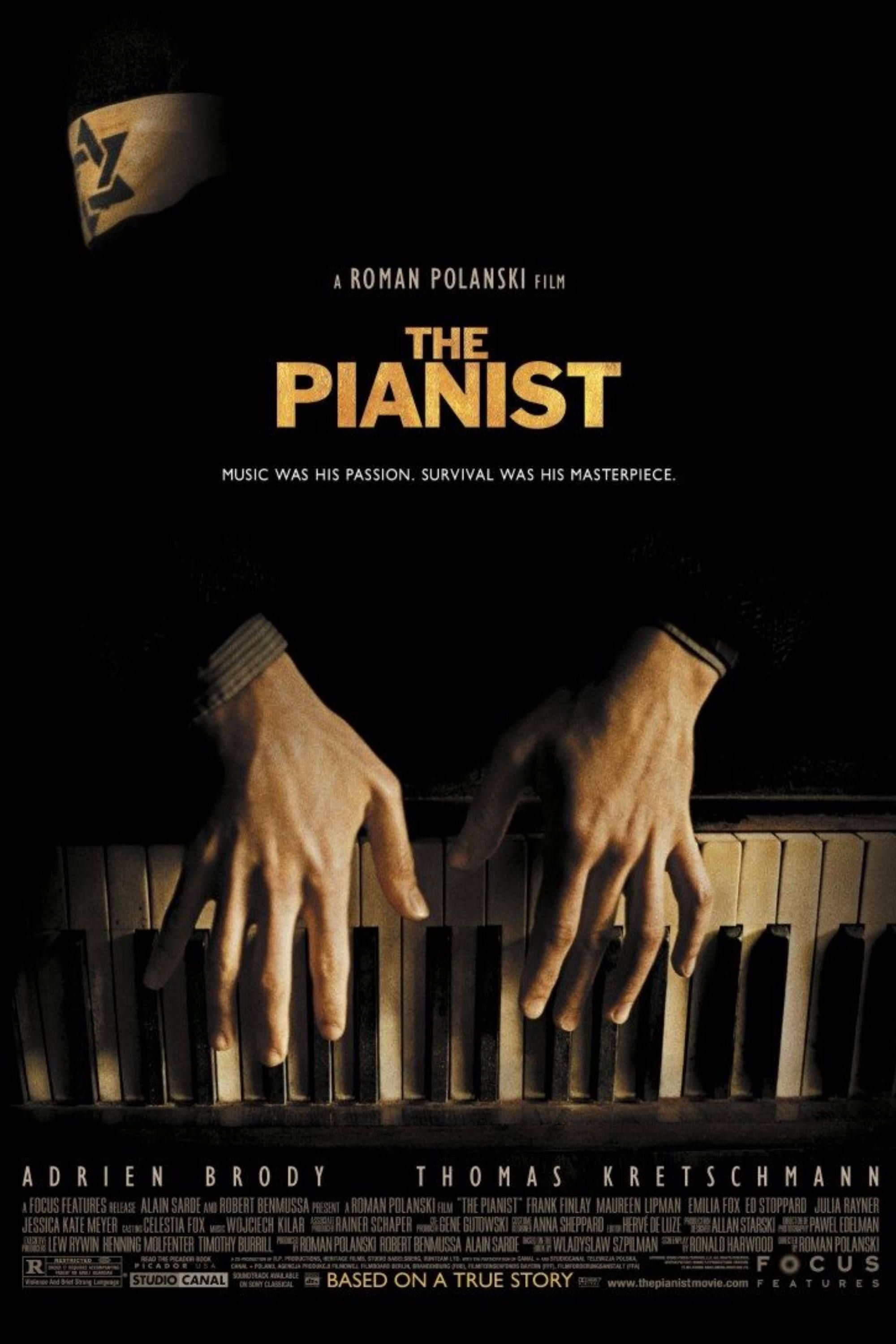
The Pianist
- Release Date
-
March 28, 2003
- Runtime
-
150 Minutes
6
Winton C. Hoch
Won Best Cinematography for ‘Joan of Arc’ (1948), ‘She Wore a Yellow Ribbon’ (1949), and ‘The Quiet Man’ (1952)
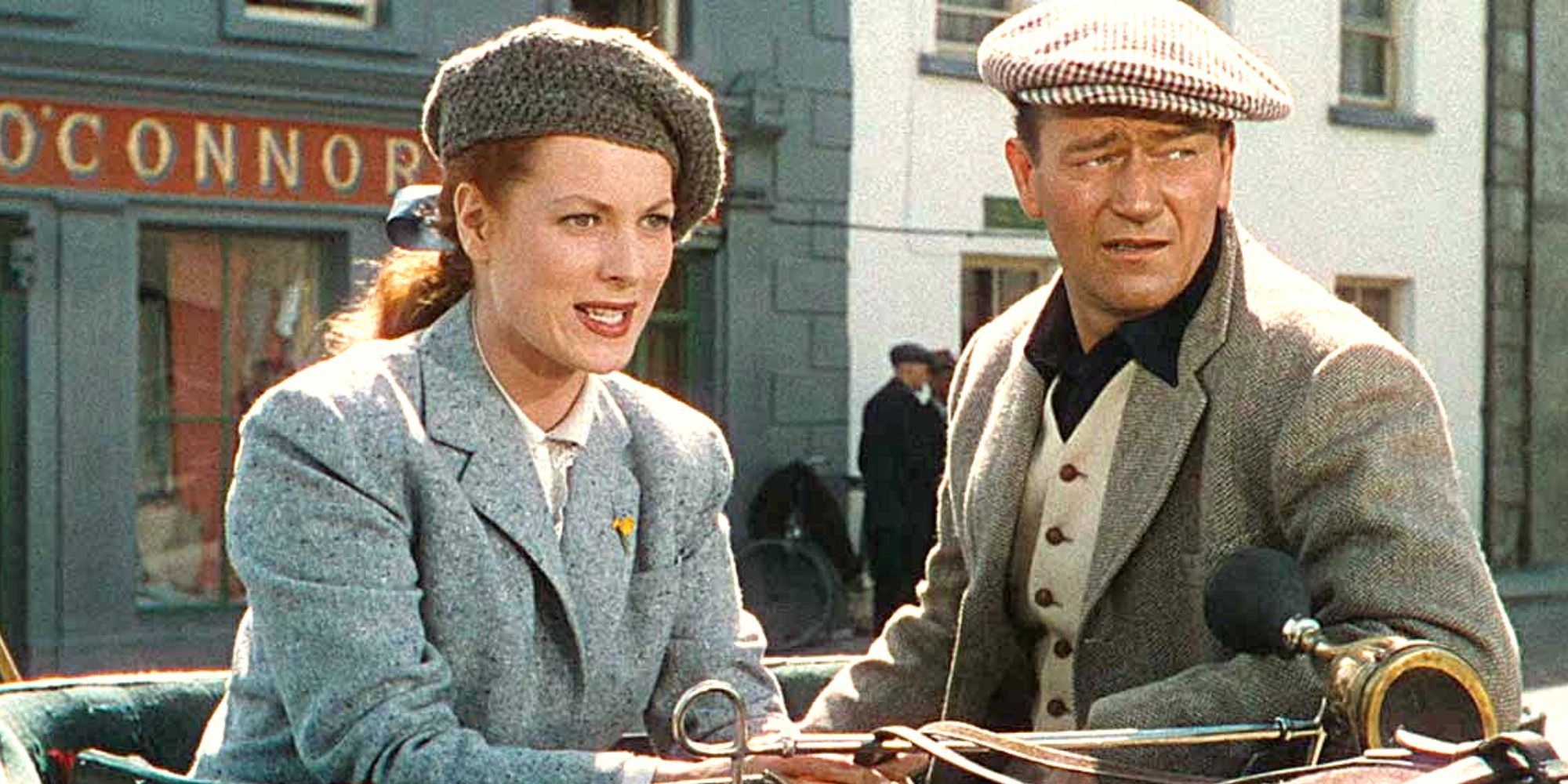
To get a little more obscure now, and to go back further into the past (the Oscars have been around for almost a century at this point, so why not?), here’s Winton C. Hoch. He was a cinematographer who worked throughout the mid-20th century, and did some of his best work in the 1940s and 1950s, making color photography really pop at a time when black-and-white was still a rather popular – and more conventional – style to shoot a movie.
Honestly, Hoch should have at least one more Oscar nomination than he does, as it’s genuinely wild how the cinematography for The Searchers didn’t get an Oscar nomination. In fact, no one got an Oscar nomination for that movie. But visually, it’s one of the best-looking Westerns of all time. Oh, well. Hoch had success with some other films, winning three Oscars from three nominations, including for his work on the John Ford + John Wayne movies She Wore a Yellow Ribbon and The Quiet Man.
5
Vivien Leigh
Won Best Actress for ‘Gone with the Wind’ (1939) and ‘A Streetcar Named Desire’ (1951)
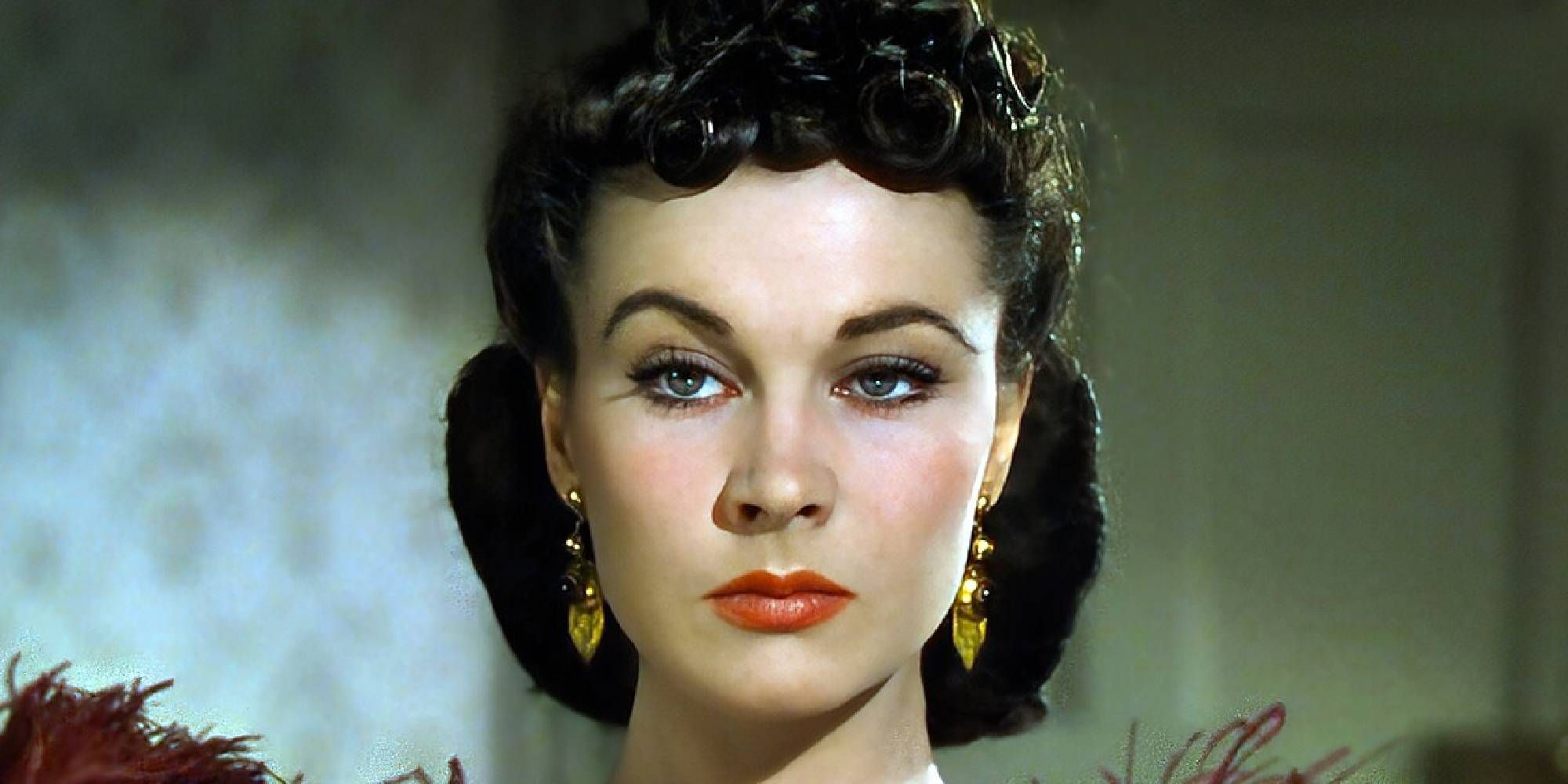
While Gone with the Wind might well be dated in many obvious ways, it’s also more than eight and a half decades old, and so you have to take the good with the bad, because a lot of that bad is more noticeable now. But what’s good is the scope and ambition of the film; the way it felt like a true epic, and the strength of its performances also live on, with Vivien Leigh deservedly winning Best Actress for playing Scarlett O’Hara.
Leigh wasn’t content with bringing one complex character to the big screen and winning an Oscar for it, though, since 12 years later, she did something similarly impressive by playing Blanche DuBois in A Streetcar Named Desire. That film adaptation of the play of the same name was packed with other great performances, too, including a star-making one for a very young Marlon Brando.
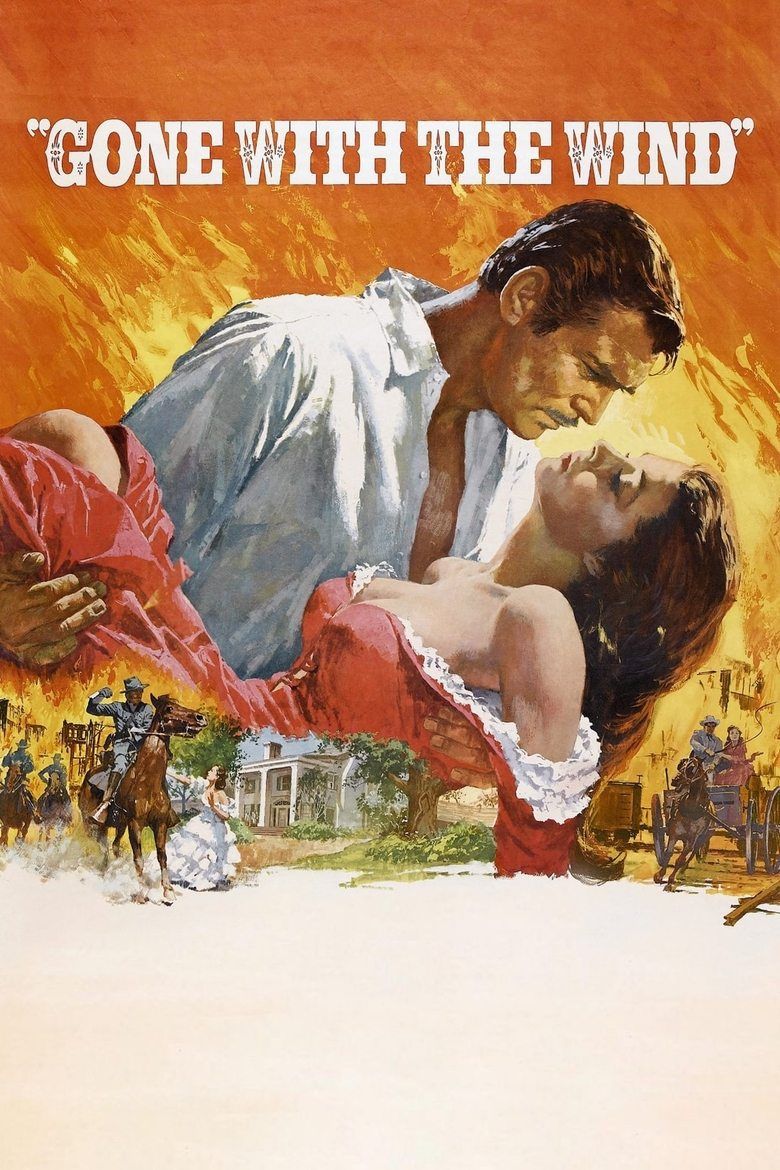
Gone with the Wind
- Release Date
-
December 15, 1939
- Runtime
-
233 minutes
-

Vivien Leigh
Scarlett O’Hara
-

4
Frank Borzage
Won Best Director for ‘7th Heaven’ (1927) and ‘Bad Girl’ (1931)
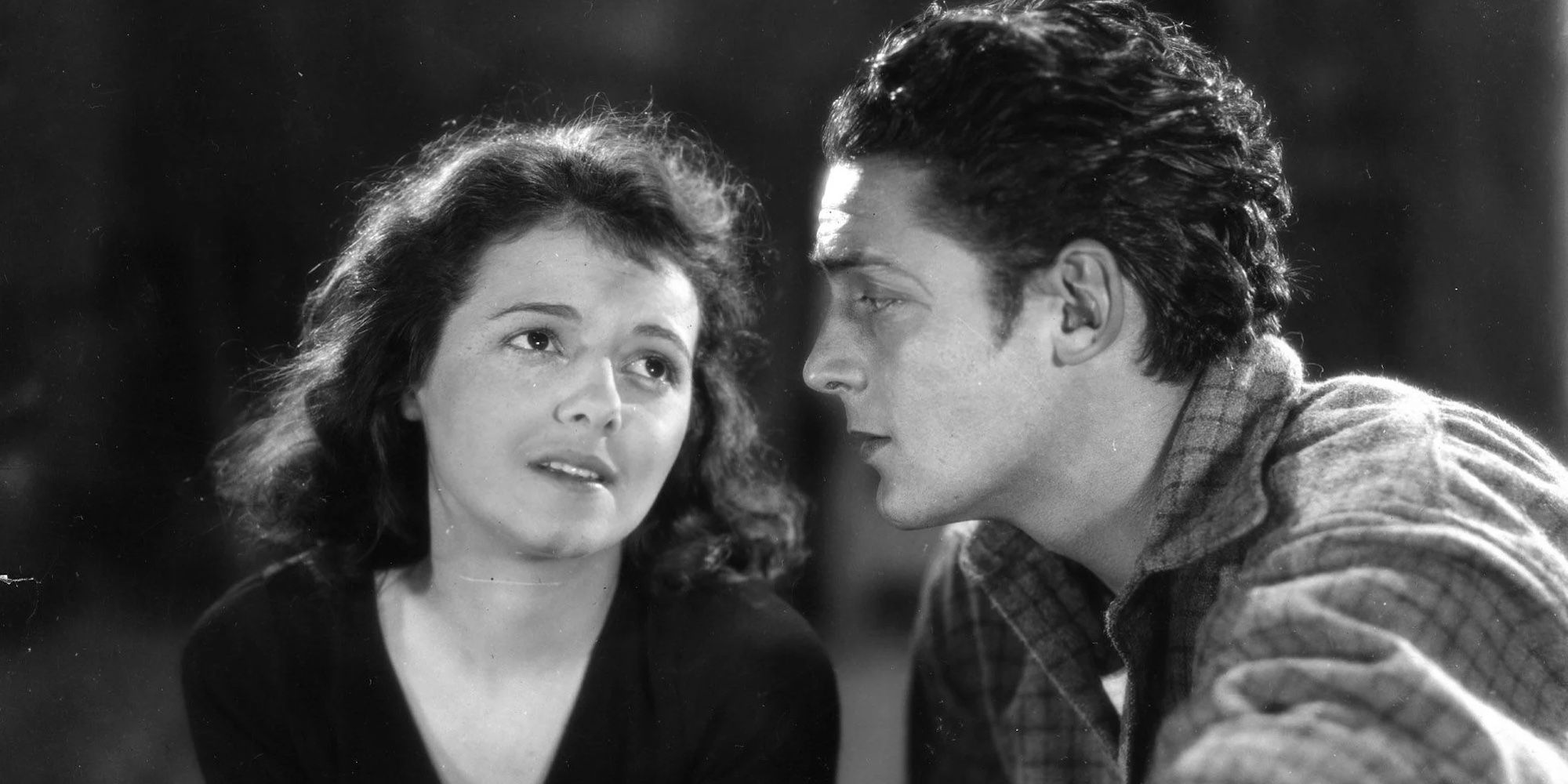
Going back even further now, right to when the Oscars started, Frank Borzage was indeed the first person to win an Academy Award for Best Director. It was for the 1927 film 7th Heaven, though the film didn’t win either of the Best Picture awards for the first Oscar ceremony (there were two given out, with Wings and Sunrise: A Song of Two Humans winning Outstanding Picture and Best Unique and Artistic Picture, respectively).
He directed another film a few years on from 7th Heaven called Bad Girl, and that earned him his second nomination and win for Best Director. Even by the standards of filmmakers from this era of cinema history, Borzage is relatively obscure, but still, he was a director who won both his nominations, and that counts for something, especially considering how significant a Best Director win is.
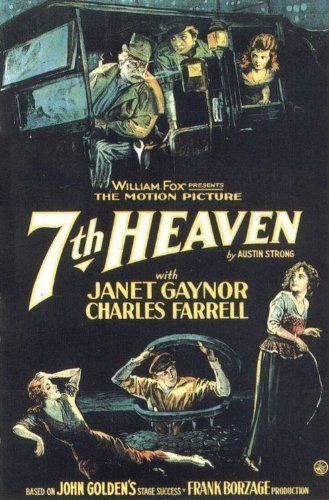
7th Heaven
- Release Date
-
October 30, 1927
- Runtime
-
110 Minutes
3
Mahershala Ali
Won Best Supporting Actor for ‘Moonlight’ (2016) and ‘Green Book’ (2018)
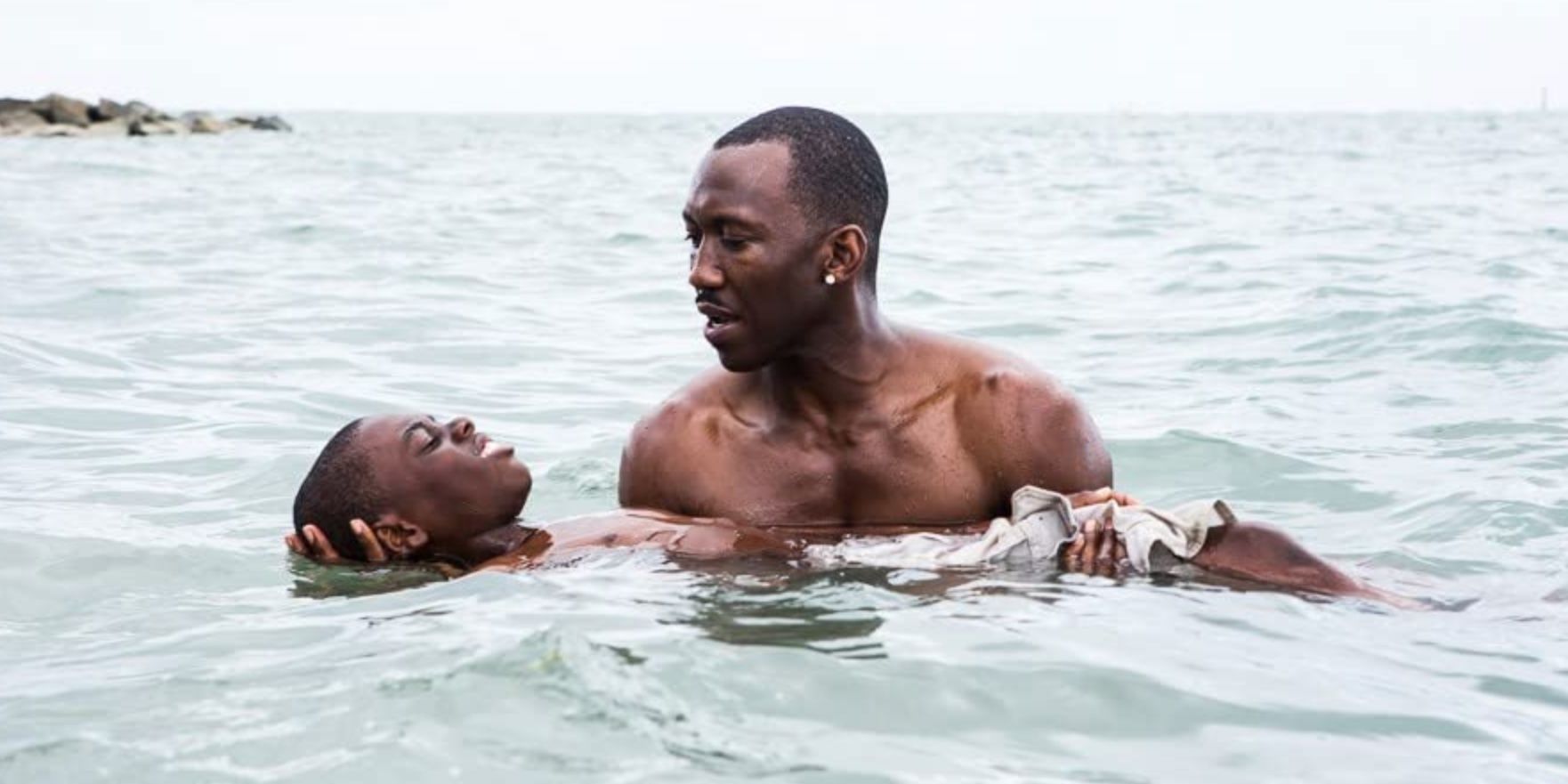
Mahershala Ali had been acting before 2016, but it was his role in Moonlight that proved to be a star-making one. His performance there was one of the main reasons why the film worked as well as it did, and Ali kept the momentum going by winning a second Oscar just two years later, once more in the Supporting Actor category, for Green Book.
Now, things get a little tricky here, considering Ali probably should’ve been nominated for Best Actor in a Leading Role, given he and famed helmet-kicker Viggo Mortensen share a similar amount of screen time, but sometimes, the categories actors get put into can feel a little weird. Had Mahershala Ali competed in the Best Actor category, one would hope that he would’ve trumped Rami Malek’s performance in Bohemian Rhapsody, but who knows? The Oscars are funny sometimes.
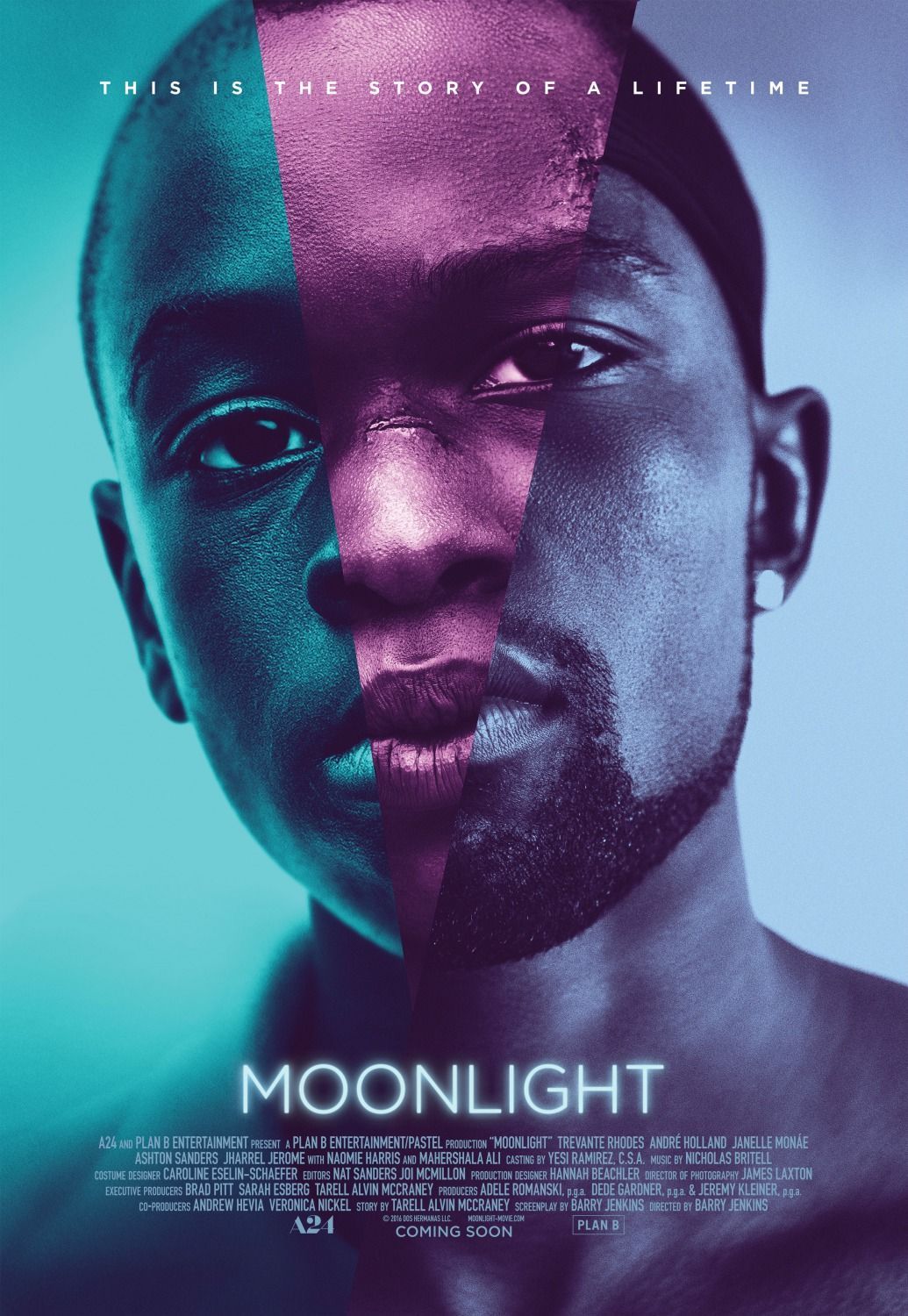
Moonlight
- Release Date
-
October 21, 2016
- Runtime
-
111 Minutes
2
Giorgio Moroder
Won Best Original Score for ‘Midnight Express’ (1978) and Best Original Song for “Flashdance… What a Feeling” (from 1983’s ‘Flashdance’) and “Take My Breath Away” (from 1986’s ‘Top Gun’)
Though disco and synth-heavy music can sometimes seem corny or dated to some, it’s as great as any other kind of music when it’s done right, and few have mastered such genres quite like Giorgio Moroder. He’s done so much more than just compose scores and write songs for movies, and even within that side of his body of work, some scores get overlooked (1983’s Scarface might well be his best, and that didn’t get an Oscar nomination).
But when Moroder was at his peak, Oscar success followed (alongside all the other things he did). His score for Midnight Express deservedly won an Academy Award, and then two songs he was credited for – “Flashdance… What a Feeling” from Flashdance and “Take My Breath Away” from Top Gun – also won Oscars. Sure, Best Score and Best Original Song are different categories, but still, the fact remains that Giorgio Moroder has been nominated for three Oscars, and he ended up winning all three.
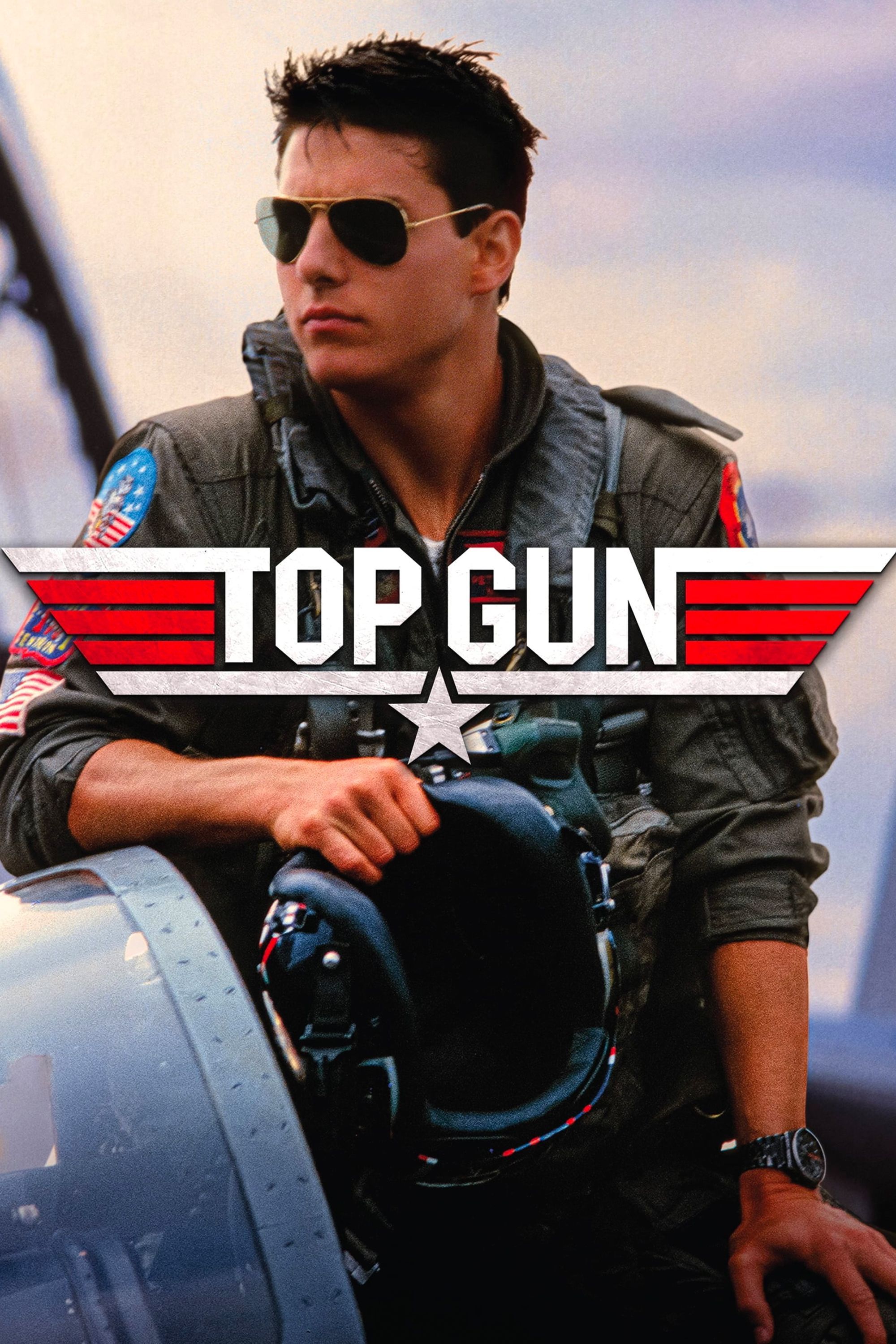
Top Gun
- Release Date
-
May 16, 1986
- Runtime
-
110 minutes
1
Christoph Waltz
Won Best Supporting Actor for ‘Inglourious Basterds’ (2009) and ‘Django Unchained’ (2012)
Inglourious Basterds helped make Christoph Waltz a household name overnight, as he gave the best performance in a large movie that was filled with great actors generally being great. He seemed a perfect match for Quentin Tarantino, and then just to show that Inglourious Basterds was no fluke, the pair collaborated for Tarantino’s subsequent film, Django Unchained.
There, Waltz played a mentor and someone who was more or less a good guy, which contrasted against the role he played in Inglourious Basterds entirely, but he did both so well. He’s given some strong performances in movies not directed by Tarantino, sure, but his two most iconic roles have come about through those collaborations, and both his nominations/wins at the Oscars to date come from the work he did in those films.
NEXT: The 10 Greatest Superhero Movies of the Last 50 Years, Ranked

